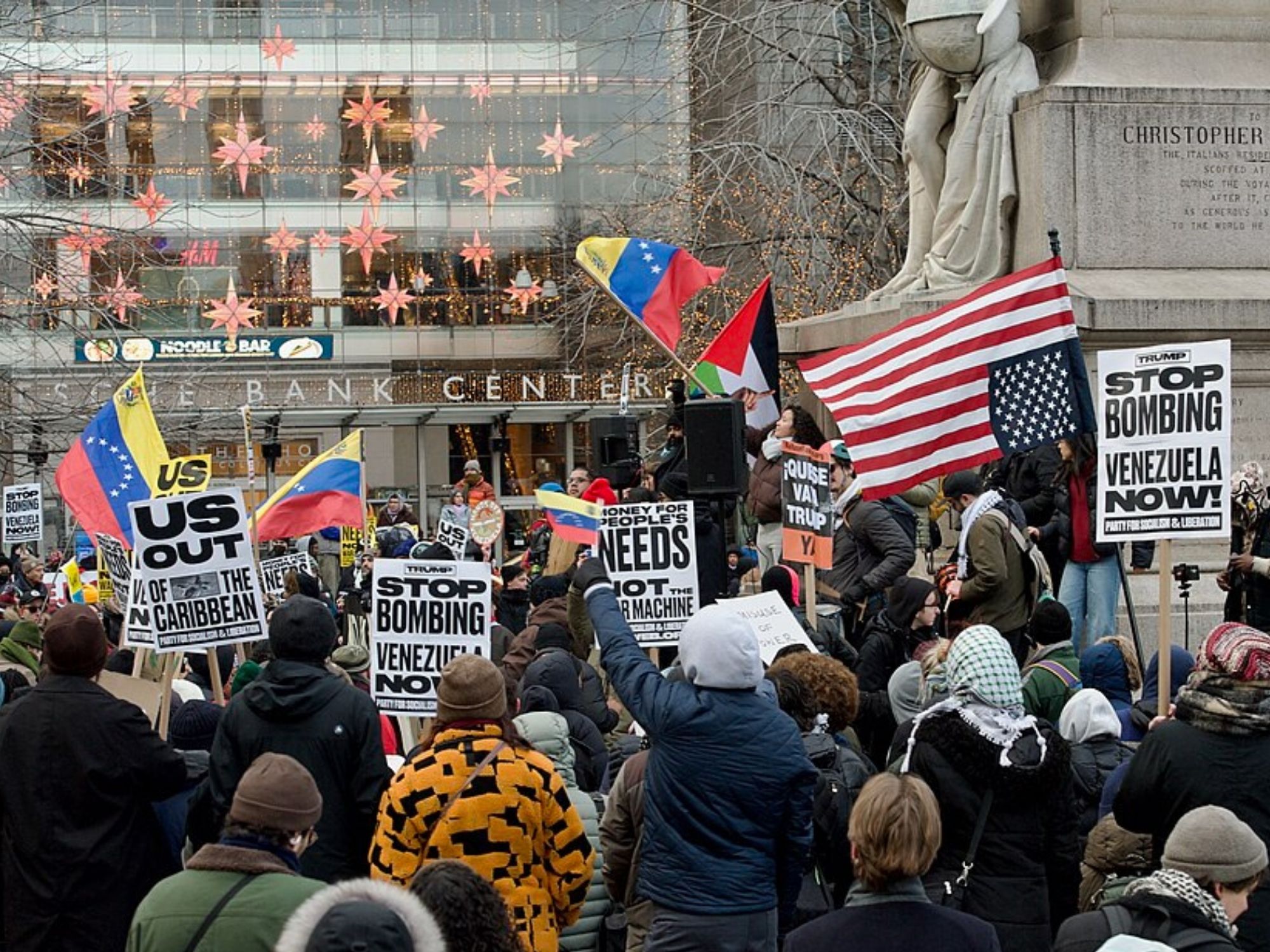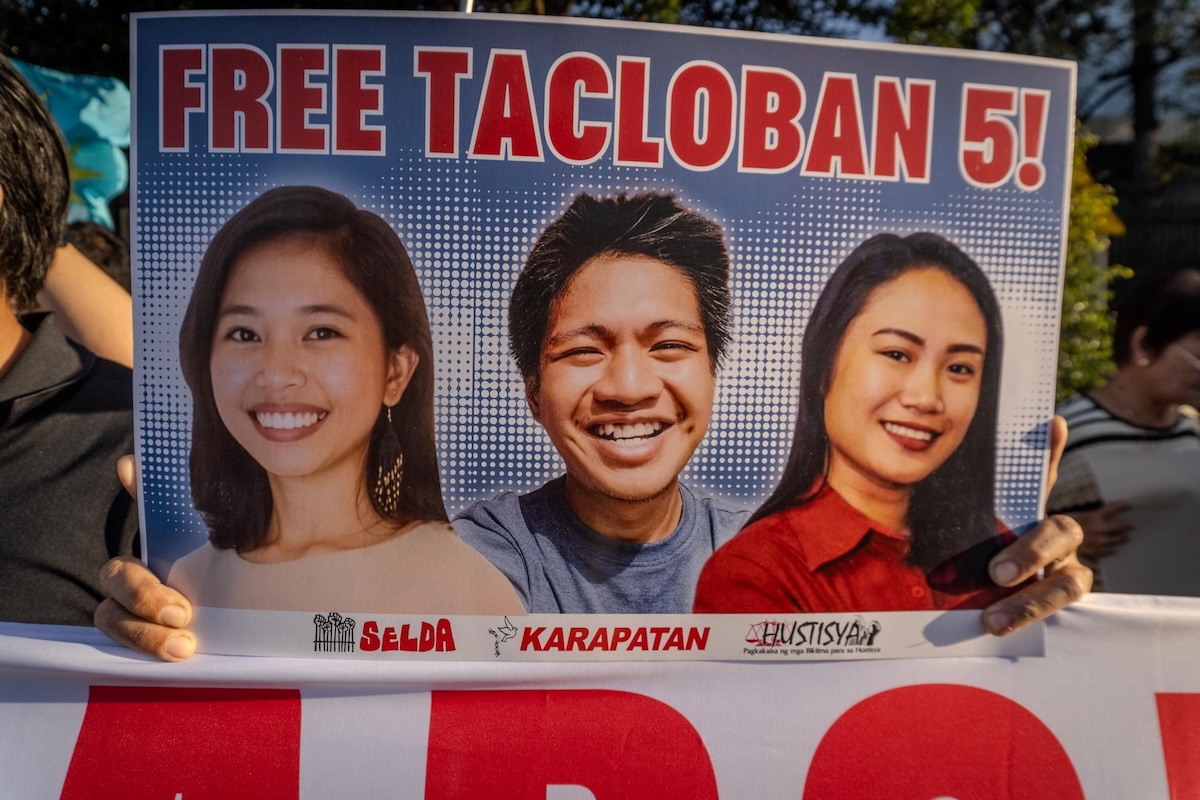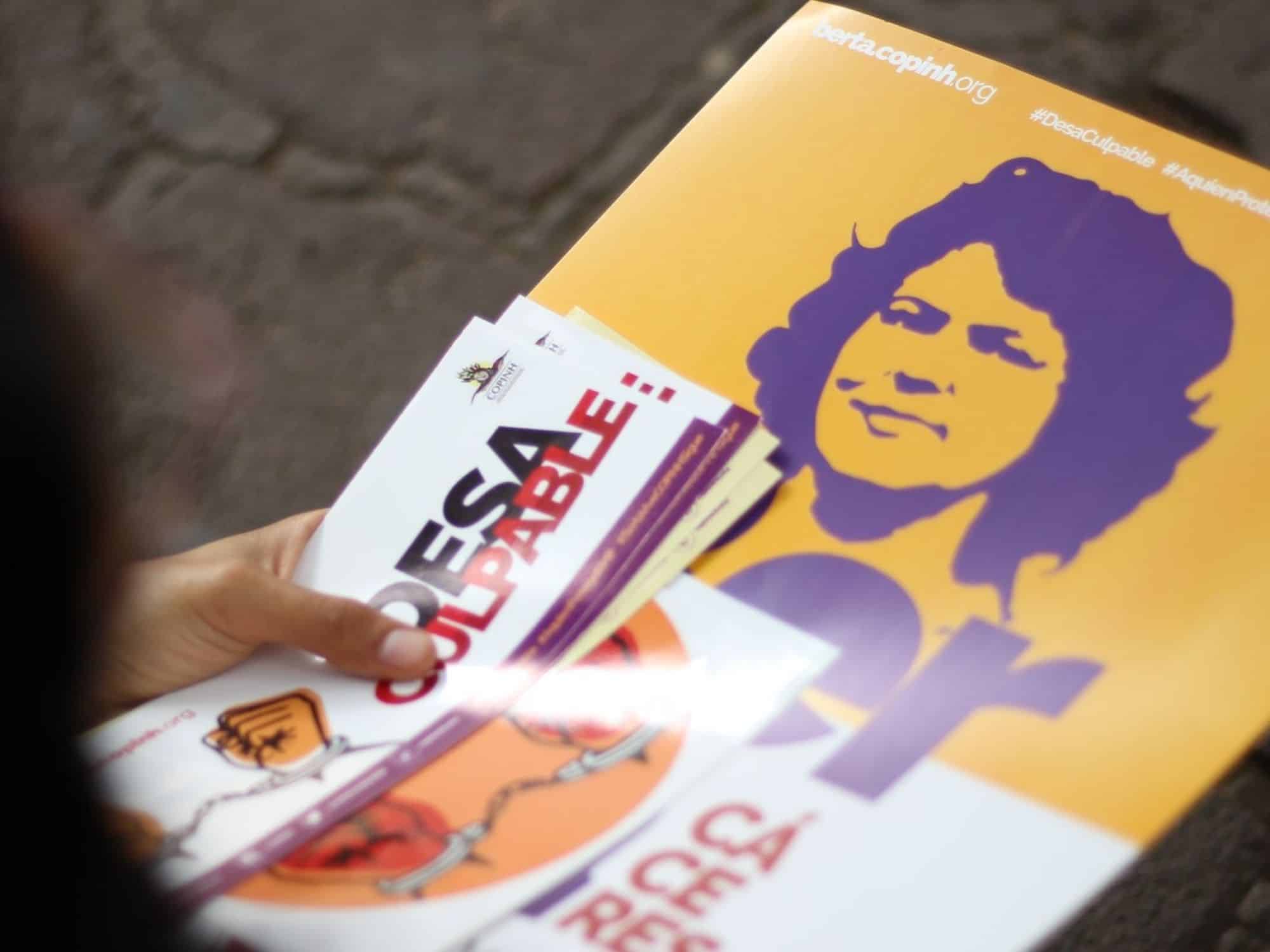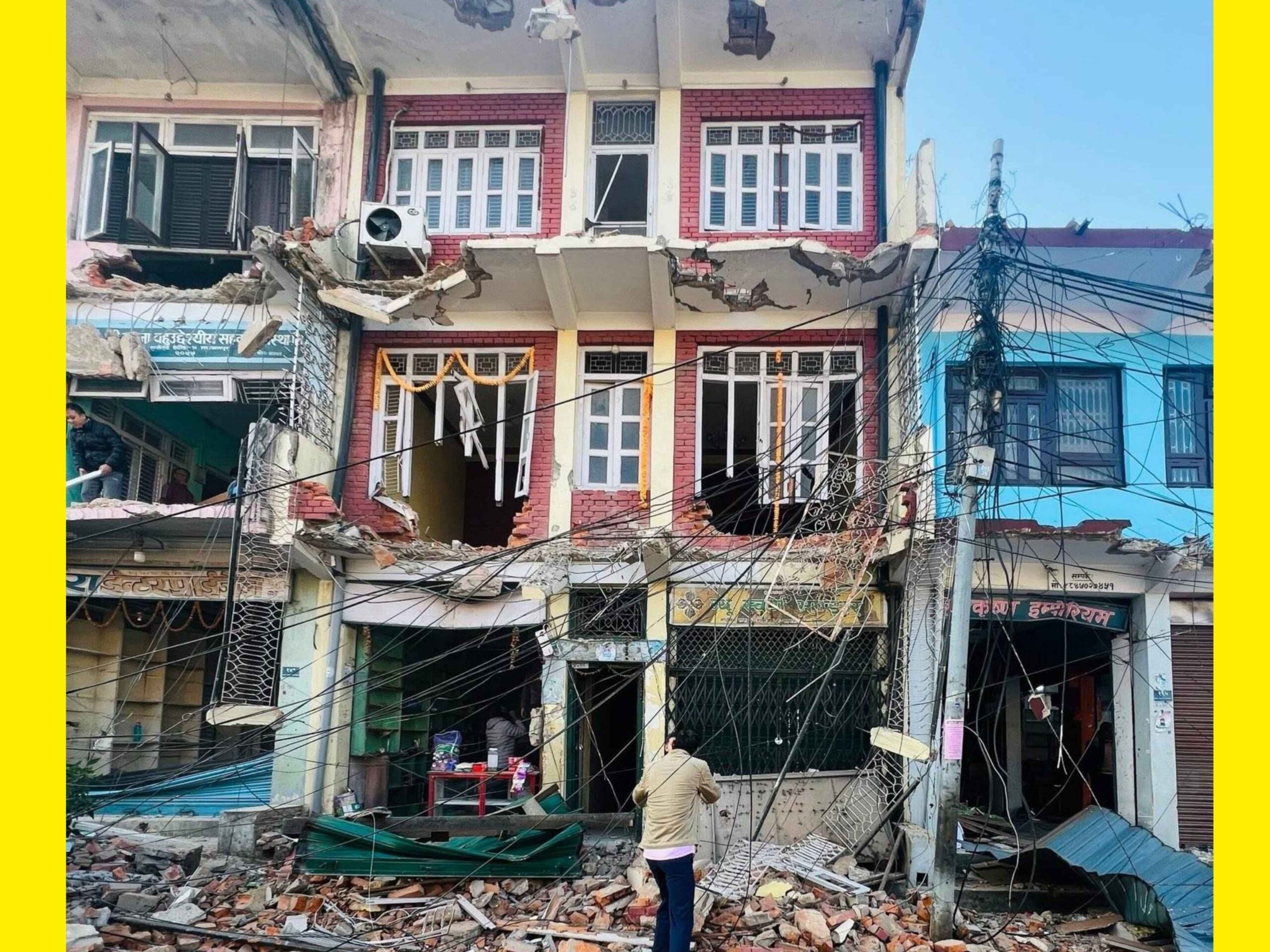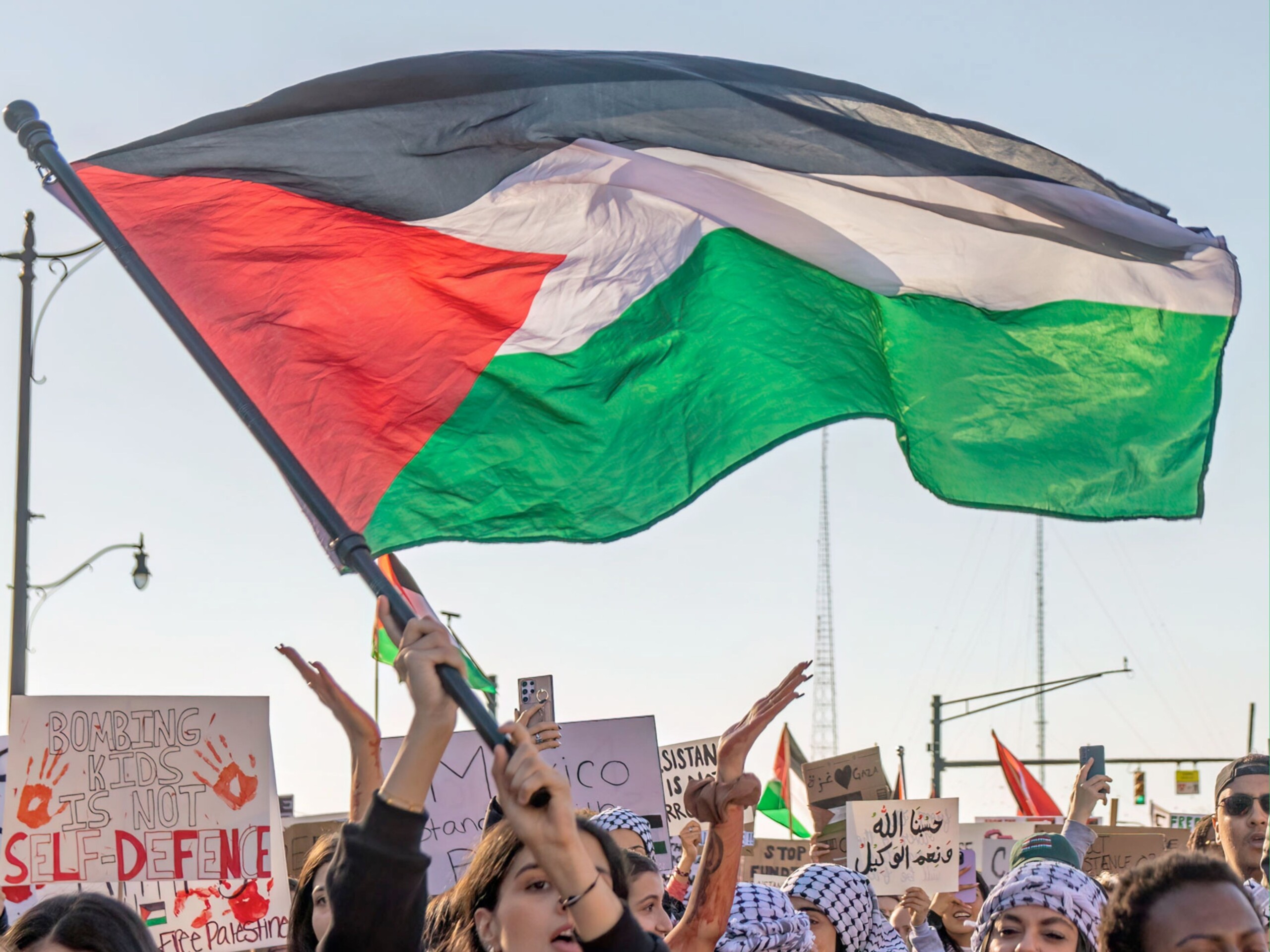Confronting violence and repression involves addressing the systematic use of violence and oppressive tactics against individuals and communities advocating for human rights. This issue is critical because it undermines fundamental freedoms, restricts civic space, and creates a climate of fear that stifles social progress and justice. Marginalized communities face severe impacts, including targeted violence, legal and policy restrictions, economic exploitation, and lack of accountability. Human rights defenders and community leaders are often intimidated, attacked, and even assassinated. Governments impose restrictive laws that curtail freedoms of speech, assembly, and association. Oppressive power structures exploit resources, leading to displacement and economic disenfranchisement, while perpetrators often evade justice, perpetuating a cycle of violence and repression.
Additionally, governments often spread narratives portraying human rights defenders as threats to the community, which further endangers these activists. For instance, in the Philippines, President Rodrigo Duterte’s administration labeled human rights defenders as “terrorists,” leading to increased harassment and violence against them. These narratives not only justify repressive actions but also create public hostility against those fighting for human rights, exacerbating their vulnerability and the overall climate of fear.
Positive strides in addressing and confronting violence and repression include grassroots movements in South Africa like Abahlali baseMjondolo, which resists state violence and advocates for human rights; legal advocacy by organizations like Earthrights, exemplified by the recent historic case where Colombian victims won a verdict against Chiquita Brands International for financing death squads; and community protection networks in Latin America like IM-Defensoras/Casa Serena, which provide safe spaces for threatened activists.
ESCR-Net confronts violence and repression by providing solidarity and support for human rights defenders, advocating for legal protections and accountability at national and international levels, and offering training and resources for documenting abuses and legal advocacy. Through an in-depth analysis of the Political Economy of Violence, we expose economic and political power structures that perpetuate violence to maintain control and exploit people and resources. The Network strengthens collective action by bridging diverse social movements and amplifying marginalized and oppressed voices. Through these efforts, we work to dismantle structures of violence and repression, advocating for a world where justice and human rights are upheld, and communities and the planet can thrive.
